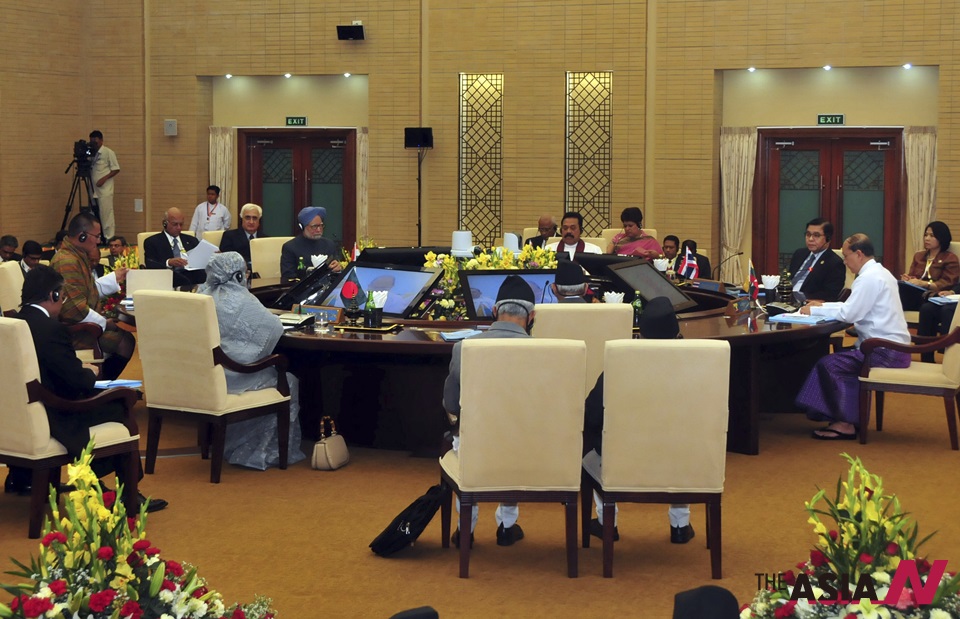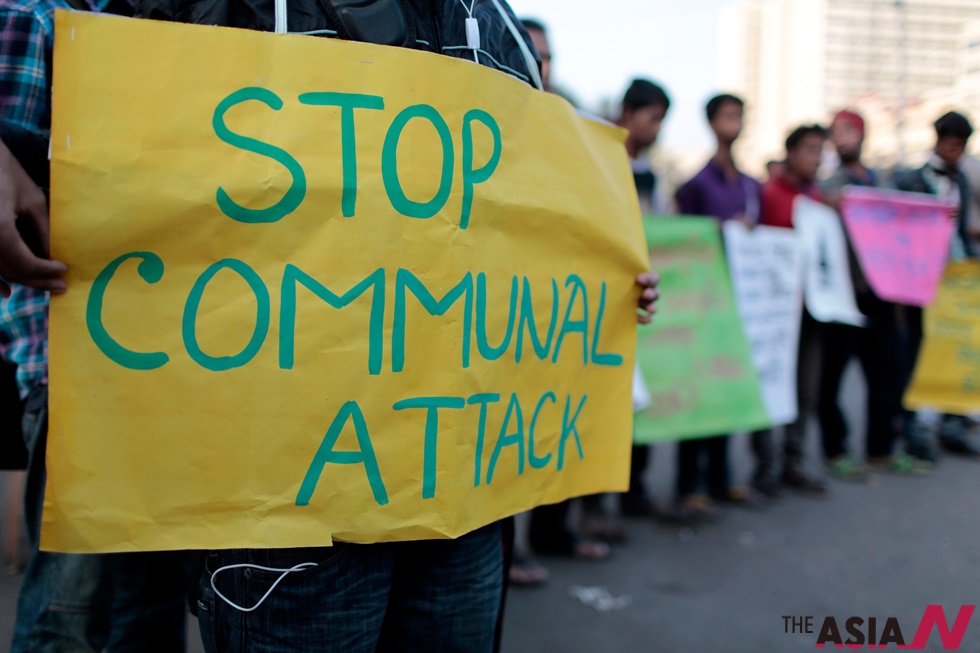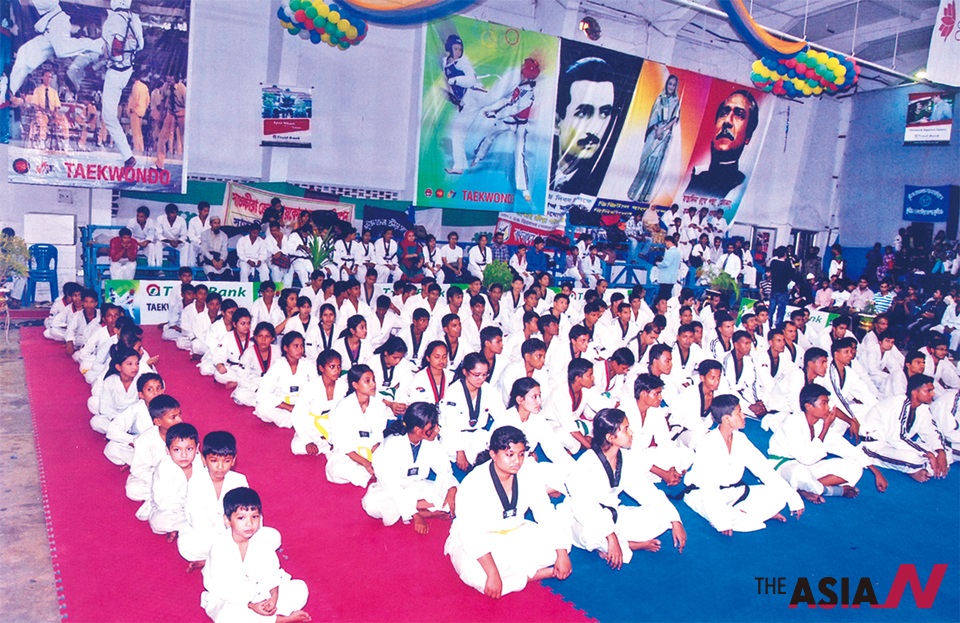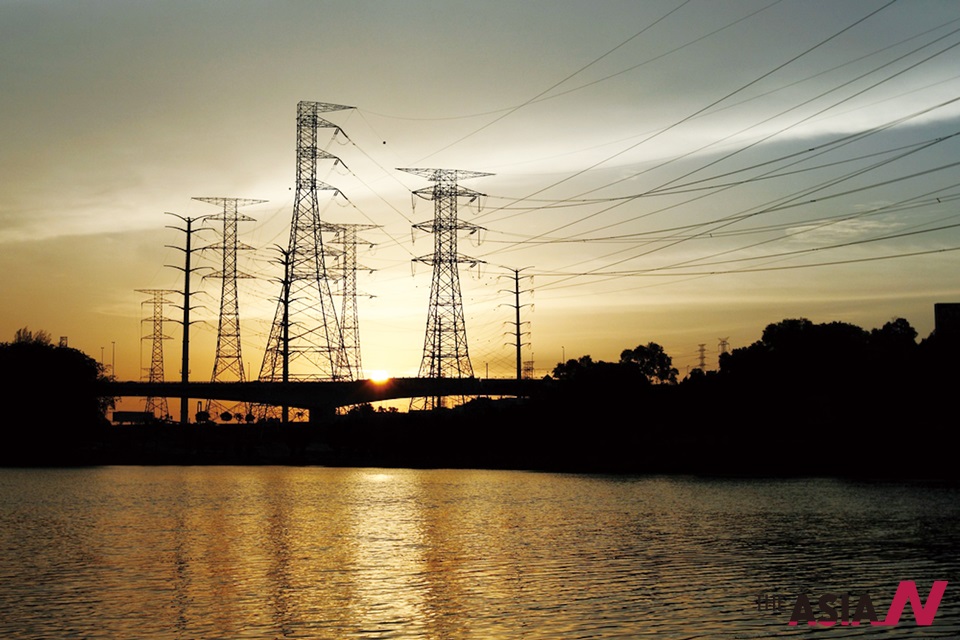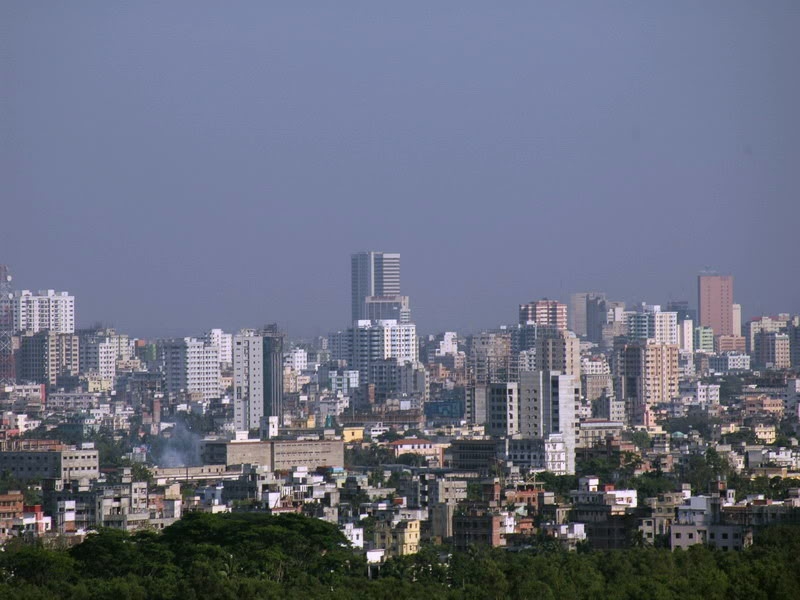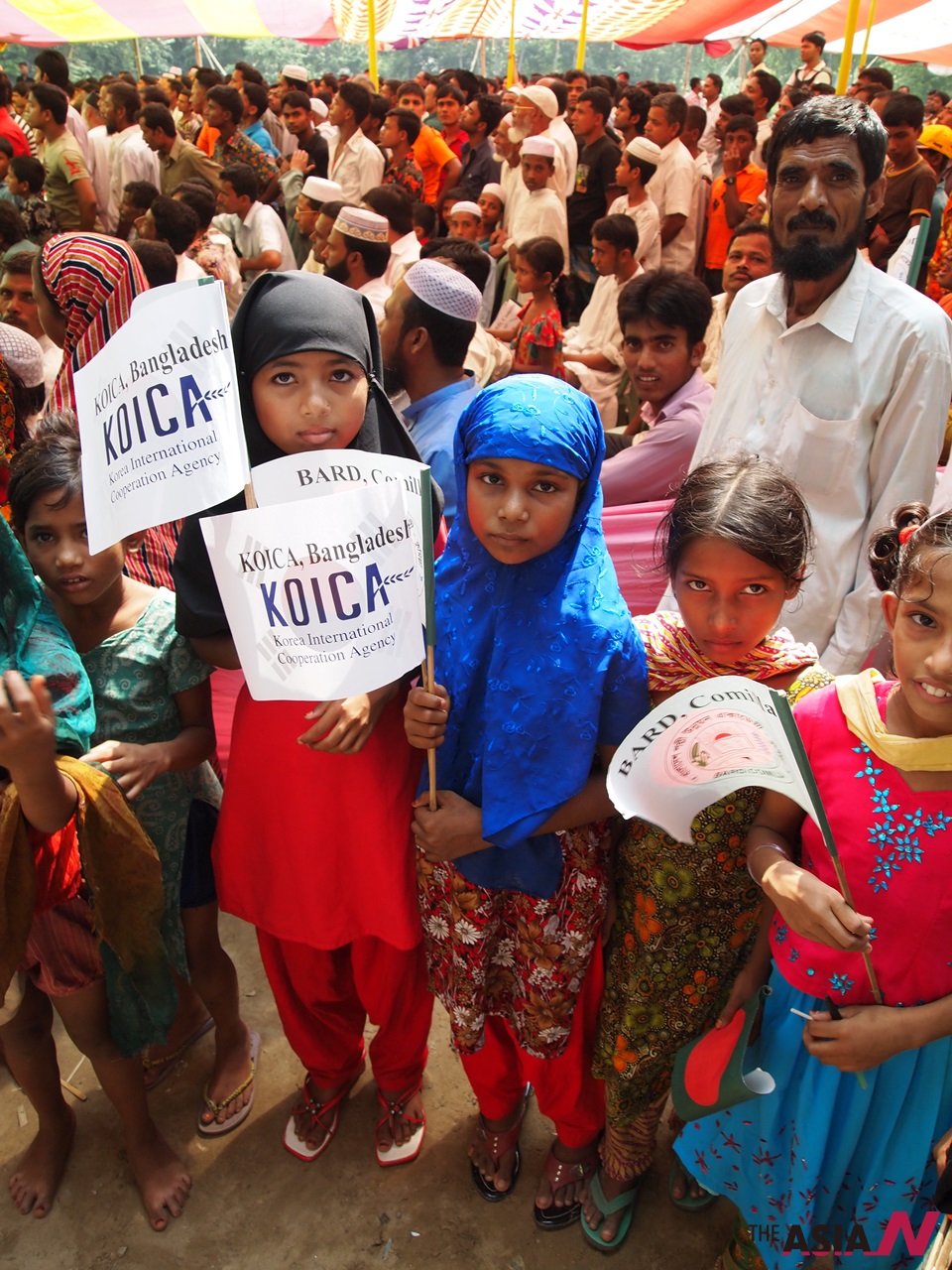
KOICA’s assistance for Bangladesh
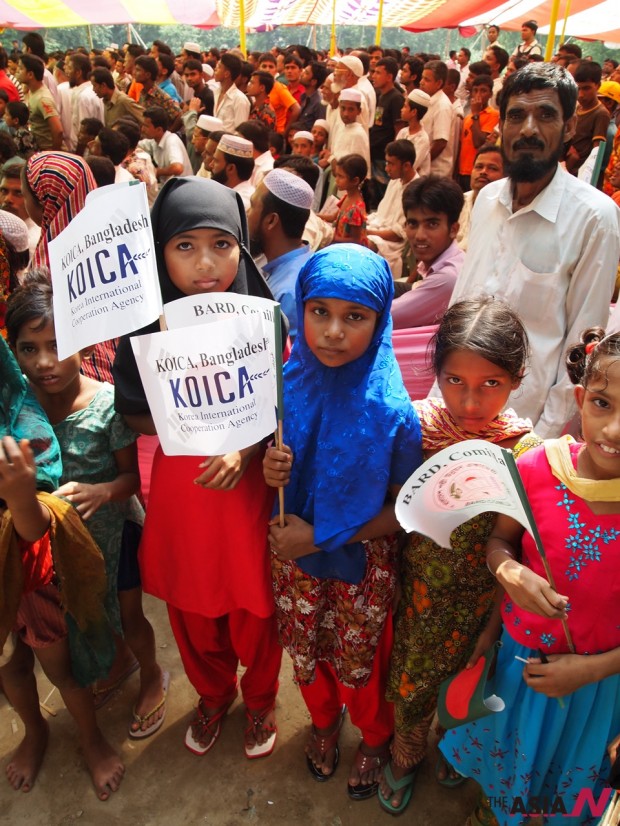
The Republic of Korea is to provide more assistance to Bangladesh for poverty reduction and for sustainable economic and social development. An agreement in this regard has been signed in Dhaka between the two countries last month.
Under this agreement, the Korea International Cooperation Agency (KOICA) will increase the volume of its aid to Bangladesh according to the Korean government’s pledge to increase its official development assistance (ODA) to 0.25% of its gross national income (GNI) by the year 2015.
Bangladesh Secretary of Economic Relations Division (ERD) of the Finance Ministry Mohammad Mejbahuddin and Lee Yun-young, Ambassador of the Republic of Korea in Dhaka signed the new framework agreement for grant aid on behalf of their respective governments on March 18.
The framework agreement will facilitate KOICA’s development cooperation programs such as invitational training of government officials and professionals in Korea; dispatching experts for consultation and in-country training programs; dispatching volunteers to support government offices in various fields; and training of medical doctors and professional medical personnel.
Moreover, KOICA will support NGO activities in Bangladesh by providing them with equipment, machinery and materials in connection with their projects and programs and construction of facilities.
For the implementation of development projects and programs, KOICA will coordinate with the authorities concerned and provide other forms of grant aid that be mutually agreed upon.
KOICA is presently supporting Bangladesh in the health, education, and governance sectors according to the Country Partnership Strategy for Bangladesh (2012-2015). It is implementing eight development projects with a total cost of USD 42.7 million including the USD 13.75-million project for the establishment of the National Institute of Advanced Practice Nurses in Bangladesh.
While speaking at the agreement signing ceremony, Korean Ambassador Lee Yun-young expressed his appreciation of Bangladesh’s growth and performance in socio-economic development and toward achieving the Millennium Development Goals (MDGs).
The ambassador hoped that Bangladesh could follow the Korean model of development as Korea, once an aid-recipient developing country, achieved remarkable development through proper utilization of its human capital, foreign assistance, etc.
KOICA was established as a government agency on April 1, 1991 to implement the Korean government’s grant aid and technical cooperation programs for its partner countries. KOICA executes its Country Partnership Strategy (CPS) for Bangladesh with Bangladesh’s current needs in mind and in coordination with the Korean government’s commitment to alleviating world poverty through socio-economic development and the implementation of the MDGs as designated by the United Nations.
The CPS for Bangladesh focuses on KOICA’s bilateral assistance to Bangladesh in education, health, and good governance. Other sectors such as climate change, agriculture and rural development, ICT, gender, and human rights remain multilateral issues for KOICA’s developmental cooperation.
According to the CPS for Bangladesh 2012-2015, which was established in December of 2012, KOICA will identify new projects in the fields of electricity, water and sanitation in the years to come.
The improvement of basic health is a primary prerequisite for the development of the human resources of any country, also having a direct link to poverty reduction and overall socio-economic development. Considering the importance and commitment attached to the implementation of the MDGs in the health sector, KOICA extends its support to Bangladesh accordingly.
In correspondence to the Bangladeshgovernment’s initiatives to improve basic health, to pursue the MDGs required to achieve the targeted reduction of child mortality, to improve maternal health, and to combat HIV/AIDs, malaria, and other diseases, KOICA supports Bangladesh with the establishment of the “Korea Bangladesh Friendship Hospital” in Savar, near Dhaka. Although the project has already been completed, KOICA still provides necessary logistic and medical support through this hospital.
KOICA believes that nursing is an essential part of medical services and that Bangladesh has a huge shortage of trained nurses. To meet the demand of skilled and educated nurses, KOICA plans to establish the “National Institute of Advanced Practice Nurses in Bangladesh” in Dhaka. This institute will offer Master’s degree programs in nursing, the first of its kind in Bangladesh.
KOICA’s assistance through multilateral organizations such as UNICEF for the improvement of maternal and newborn care in Bangladesh will address MDGs 4 and 5. This project provides home based maternal and newborn care interventions and the prevention of anemia in women and children under two years of age in three low performing Upazila’s (sub-districts) of the Tangail district.
Observers in Dhaka believe that the signing of the new framework agreement between Bangladesh and Korea for KOICA’s enhanced support to Bangladesh will further strengthen the existing friendly relations between the two countries.



